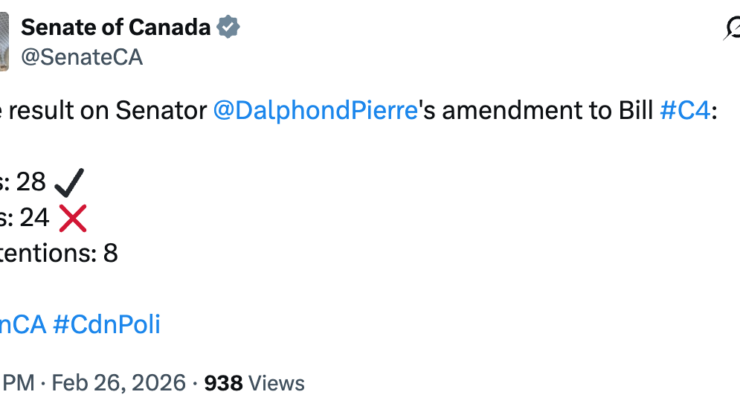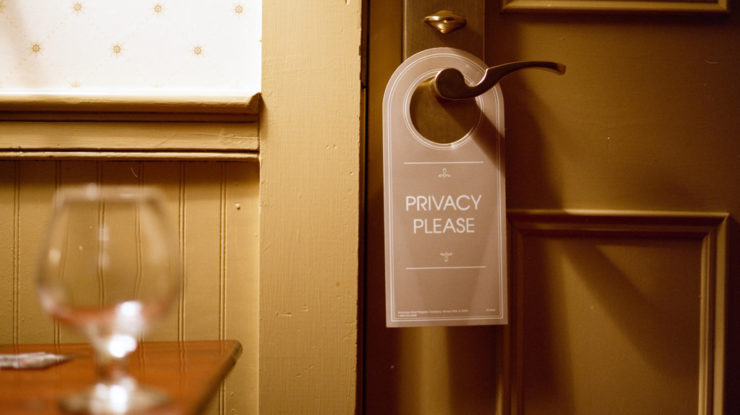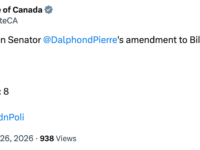My Globe and Mail op-ed begins by noting that AI Minister Evan Solomon summoned executives from OpenAI to Ottawa last week to explain why the company declined to alert police that it had flagged the account of Jesse Van Rootselaar, the Tumbler Ridge shooter who killed eight people earlier this month. The company stopped short of warning authorities, concluding that the account activity did not meet its standard of an “imminent and credible risk of serious physical harm to others.” After the meeting, Mr. Solomon expressed disappointment with OpenAI, saying the company had not presented “substantial new safety protocols.” Justice Minister Sean Fraser said it expects OpenAI to make changes, or else the government would step in to regulate artificial intelligence companies.
The desire to hold someone responsible for the potential prevention of the Tumbler Ridge tragedy is understandable. Add in the mounting pressure for AI regulation, and OpenAI makes for a perfect target for blame and threats of government action. Yet holding AI chatbots liable for reporting to police what users privately post in their conversations creates its own risks, undermining privacy and effectively encouraging heightened corporate surveillance.

























